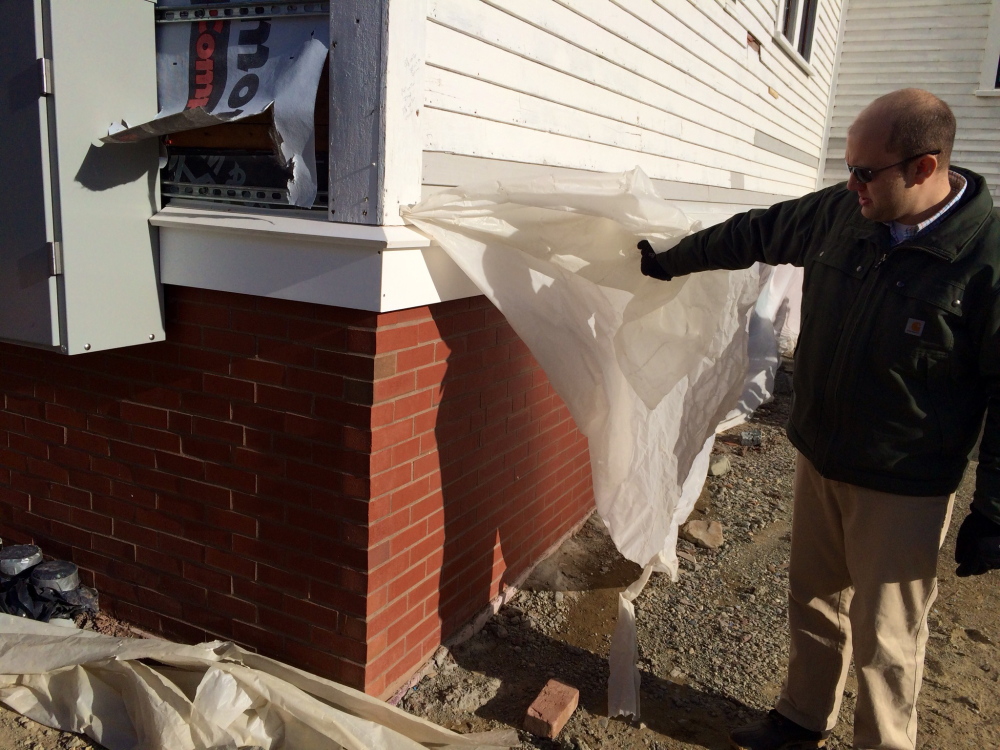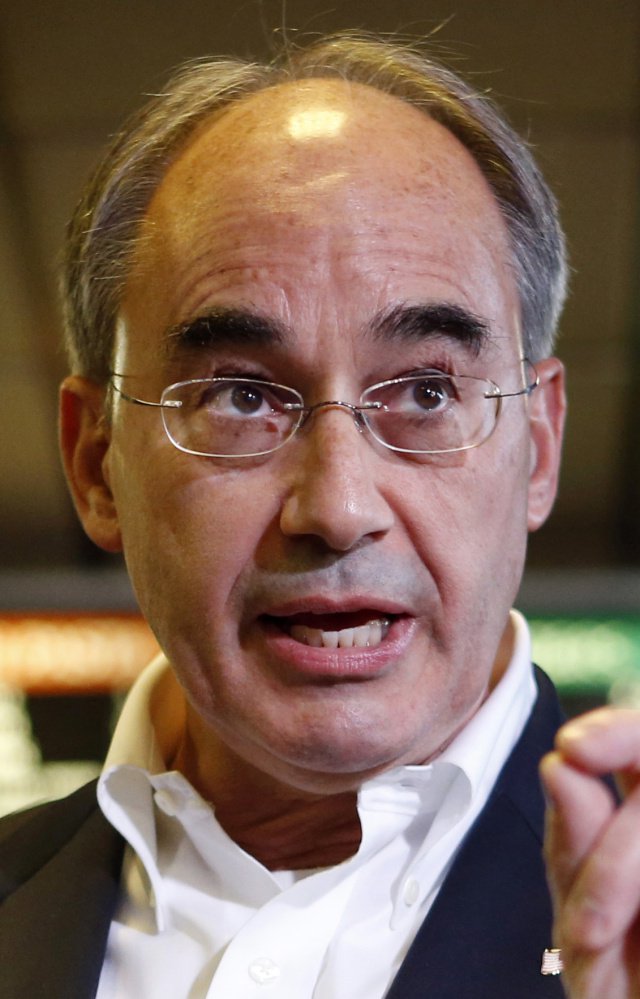Kennebec, Somerset and Waldo counties will receive $500,000 in federal grants to continue cleaning up contaminated properties and turning them into usable developments.
The office of U.S. Rep. Bruce Poliquin, R-2nd District, announced the grants Wednesday in a news release.
The grants are part of $1.1 million provided to the state by the U.S. Environmental Protection Agency to clean up contaminated brownfield properties through the existing Brownfields Revolving Loan Fund program. Brownfields are properties where re-development is impeded because of contamination.
The Kennebec Valley Council of Governments — in Kennebec, Somerset and Waldo counties — received $500,000 in supplemental funds, and the Southern Maine Planning and Development Commission in Oxford County received $600,000. Both agencies are past recipients of the grants.
“These Brownfields grants are welcome news for our communities in Oxford, Kennebec, Waldo and Somerset counties and will help lay the groundwork for economic development, more jobs and continued stewardship of Maine’s environment,” Poliquin said in a news release. “I applaud the EPA for this important support and I will continue to push for sensible environmental policies, which are critical not only to our health and recreation, but also for job creation in our State.”
Kennebec Valley Council of Governments Executive Director Rosie Vanadestine said the funding will help create a revolving loan cycle to help clean up environmentally hazardous waste sites. In the past, she said, similar loans have helped turn a contaminated school house in Unity into the Unity Food Hub, which works with farms across central Maine; turn an old tannery in Hartland into manufacturing space; create space for a new medical building in a deserted manufacturing services building in Gardiner; and turn the former Seton Hospital in Waterville into housing.
Vanadestine said the Kennebec Valley Council of Governments uses these grants widely, and they can be used on a variety of projects involving hazardous materials. Generally the projects that receive the grants don’t just clean the structures; they also improve the outcome for the structures. The $500,000 will allow the program to continue in the region by creating a revolving loan fund, and the money can be used to assess and test properties that might require future funding to clean up hazardous waste.
“This will create a continuing funding system for the Kennebec Valley region,” she said.
No sites have been identified for the next round of funding, she said, but the high costs of cleaning up hazardous material can be a barrier for development.
“Being able to infuse these funds into that can make or break a deal,” Vanadestine said.
Colin Ellis — 861-9253
cellis@centralmaine.com
Twitter: @colinoellis
Send questions/comments to the editors.





Success. Please wait for the page to reload. If the page does not reload within 5 seconds, please refresh the page.
Enter your email and password to access comments.
Hi, to comment on stories you must . This profile is in addition to your subscription and website login.
Already have a commenting profile? .
Invalid username/password.
Please check your email to confirm and complete your registration.
Only subscribers are eligible to post comments. Please subscribe or login first for digital access. Here’s why.
Use the form below to reset your password. When you've submitted your account email, we will send an email with a reset code.